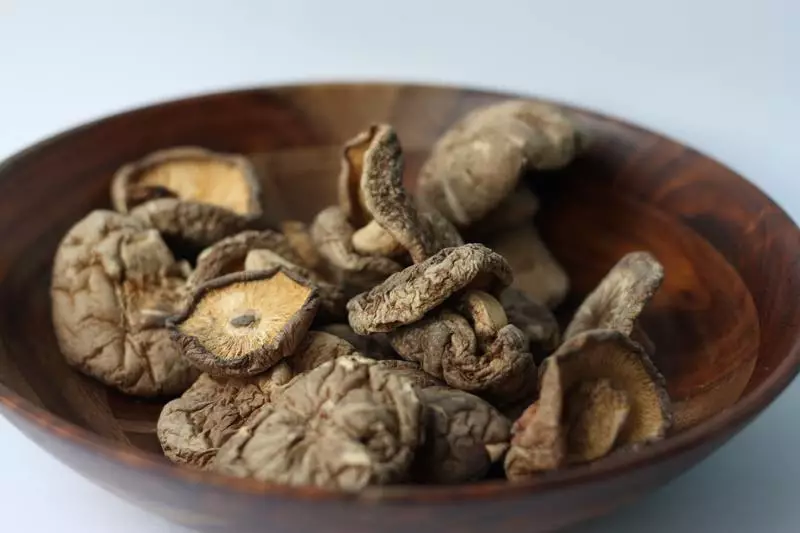Psilocybin and psilocin are chemical compounds. These typically come from hallucinogenic mushrooms often grown in Central America, the U.S., or Mexico. What makes them worrisome is that these compounds are similar to lysergic acid diethylamide (LSD), a highly intoxicating and dangerous drug. What does that mean for those using psilocybin? Is psilocybin addictive? Here’s what you need to know about these drugs.
How Are Psilocybin Used?
There are over 180 different types of mushrooms that contain this type of chemical in them. These mushrooms have been used in various ancient traditions for a long time. However, that does not mean they are safe to use.
Most of the time, people taking them will do so orally, usually in the form of a dried or sometimes a fresh mushroom. They can also be taken in a capsule or added to a tea. The lowest possible dose of these products can create significant differences for many people and should not be considered safe to use.
How Do People Use Them?
Mushrooms are often taken as recreational drugs. They can create a mild euphoric sensation when taken. Some people also report increased sensitivity to music, visual changes, and tingling sensations. In comparison to other drugs like it, these tend to be less overall aggressive in the response they create.
So Is Psilocybin Addictive?
Are mushrooms addictive? Psilocybin is not considered addictive. It is not common for a person to develop an addiction to hallucinogens. Some people may have an addiction to another drug and are using psilocybin in addiction to those drugs may have many symptoms of addiction.
One key concern though is tolerance. How do mushrooms affect the brain? It is in this tolerance that the real problem lies with these drugs. Psilocybin can produce tolerance quickly. That means that a person using them will likely need to use more of them to get the same results. Higher doses also increase the effects a person has. This can lead to the unpredictability of the drug, and in some cases, overdose can occur. This is very risky in situations where a person is using more than one drug.
How Do Mushrooms Affect the Brain?
Is psilocybin addictive? The answer here is no. However, these mushrooms do impact the brain. When used, they create greater communication between the different regions of the brain. In some situations, then, they can create a better level of self-focus. They also change the blood flow to the brain, which often stimulates brain regions and encourages a more heightened level of learning and communication. For some, this can spark a high, while for others, it encourages creativity.
In addition to this, it has been known to help people who are depressed or have a negative mood to see improvements. That occurs because of the way this drug works to reduce the response from the amygdala.
Side Effects of Psilocybin
When a person begins to use this drug, especially for the first time, they are likely to see some side effects. One of the most common is misidentification. These drugs create hallucinogenic effects, which means a person may not know what is really occurring. What they see may not be reality. This can lead to complications to health as well as engaging in risky behavior.
In addition to this, many people report side effects such as:
- Stomach pain
- Vomiting and diarrhea, which can indicate a toxic level of exposure
- Memory changes
- Dizziness
- Numbness of the mouse or lips
- Anxiety
- Shivering or sweating
It is also possible for long-term effects of using these drugs to occur. Some people may experience terrifying thoughts and feelings. This can create intense fear and psychosis in some individuals. Also notable is that these drugs can sometimes create hallucinations years later, long after a person stops using these drugs. This can include bad experiences that impact emotional wellbeing.
Is Psilocybin Used for Addiction Treatment?
There is some research being done to determine if psilocybin will help people who have an addiction to stop using. The use of these hallucinogens may help stimulate better function in the brain and encourage improved neural communication.
While that may seem to be helpful, it is essential to work with your doctor and therapist to beat addiction rather than use another drug for it. In some situations, the use of one drug to help with addiction is not effective and can complicate outcomes.
Do You Know Someone with Addiction?
If you or a loved one is struggling with addiction to any type of drug or alcohol, reach out to our admissions team at (866) 971-5531. It is possible to beat addiction and start on the path to recovery with the right tools and resources to support you through this process.
Jump to a Section
Call (855) 425-4846
